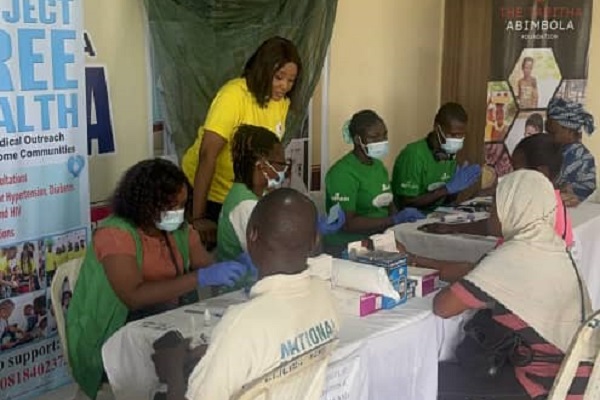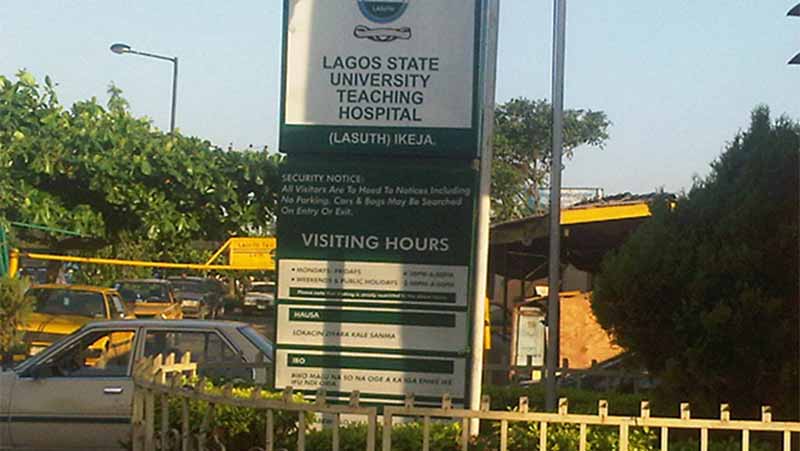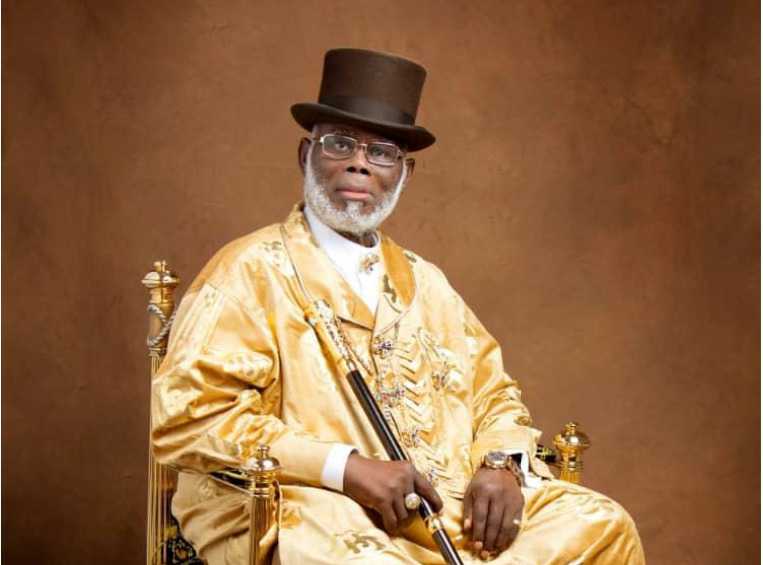Governor Uba Sani of Kaduna State on Friday announced the provision of ₦100 million for each of the 255 political wards in the 2026 draft budget, marking the state’s most direct grassroots funding intervention in decades.
Speaking at the special town hall meeting for the public presentation of the budget, the governor said the decision was driven by citizens’ complaints and community feedback from last year’s town hall sessions, where residents detailed the huge developmental gaps across rural communities.
According to him, it became clear in 2024 that 12 of the state’s 23 Local Government Areas (LGAs) had not benefitted from even one kilometre of road construction in 12 years, prompting a shift from top-to-bottom budgeting to a ward-by-ward development model that prioritises what people actually need.
Sani remarked that the ₦100 million per ward allocation will allow communities to identify, rank and implement their most pressing projects—ranging from feeder roads to water schemes, health facilities, farm-to-market links, security infrastructure and community economic programmes.
The governor stressed further that the decisions on how each ward’s ₦100 million will be spent “will no longer be taken by people on the high table,” stressing that the money belongs to the communities and will be directed strictly by their priorities through structured citizen engagement.
He noted that even at the state level, the administration had already demonstrated this principle by raising the water sector budget from ₦10 million to ₦100 million after citizens demanded more investment, insisting the people must decide how every kobo is deployed.
Governor Sani explained that the renewed focus on rural areas began after residents exposed severe infrastructure neglect during last year’s consultations, leading the government to launch a massive road development programme now active in every LGA.
He listed dozens of ongoing road projects—many at between 90 and 95 per cent completion—including 24km inter-community links, a 35km road in Sanga, 22.5km in Soba, 24.7km in Zangon Kataf, and 14.2km in Igabi, among several others that will directly align with the new ward-based allocations.
He said the town hall inputs also shaped the state’s health investments, which have made Kaduna the only state in Nigeria to upgrade 255 primary healthcare centres from level 1 to level 2, earning it recognition as the best PHC system in the Northwest.
The governor added that the renovation and equipping of 16 general hospitals is also tied to ward-level needs assessments, with nine already completed and commissioned.
On agriculture, Sani said wards with heavy farming populations will receive targeted interventions from their ₦100 million allocations, complementing ongoing state efforts such as the distribution of nearly 900 trucks of fertiliser to smallholder farmers.
He also cited Kaduna’s recent $250 million agro-industrial investment deal, supported by the Federal Government, as part of the strategy to ensure that investments in wards translate into market access, value addition and higher rural incomes.
The governor noted that Kaduna’s skill development infrastructure—now enrolling 90,000 youths under the Federal Government’s TX training initiative—will also benefit from the ward envelope, enabling communities to sponsor targeted vocational and digital skills programmes.
He added that even major transportation projects, such as the planned BRT system and 44km light rail, will boost ward economies by enhancing mobility, expanding markets and improving security coordination across communities.
Sani said the philosophy behind the ₦100 million allocation is fairness, justice and equity, emphasising that development must reach every ward “irrespective of who they voted for, where they come from or what religion they practise.”
He added that Kaduna’s new budget model is built on trust and inclusivity: “No ward, no community, no LGA will be left behind. Kaduna must work for everyone. The 2026 budget is your budget, and the ₦100 million is for you to decide, not for government to dictate.”
Stakeholders at the meeting, including the Civil Society Organisations, religious leaders, traditional leaders and youth representatives, commended Governor Uba Sani for his approach to citizen engagement in budgeting, as well as the giant strides by his administration in security in Kaduna State.






